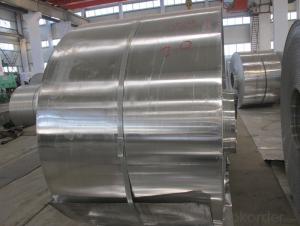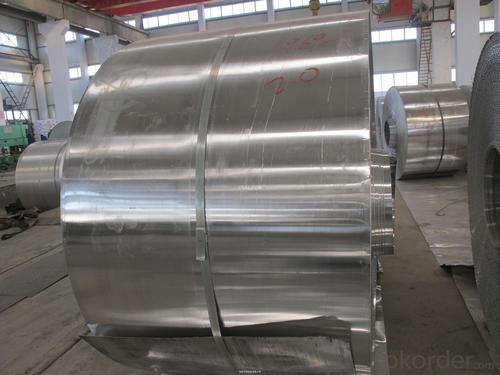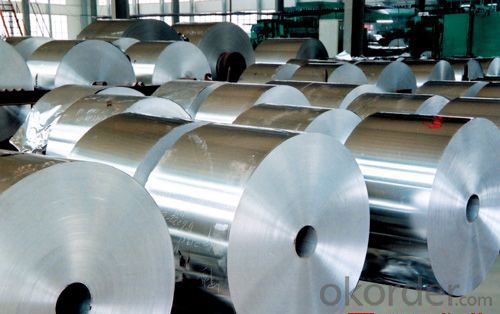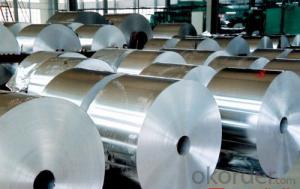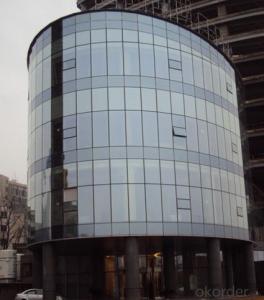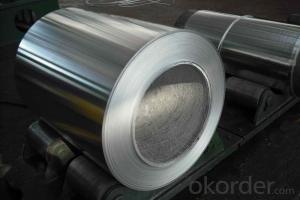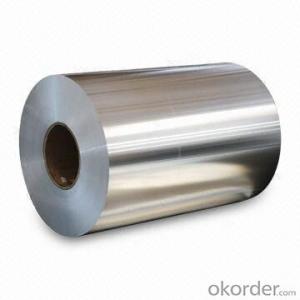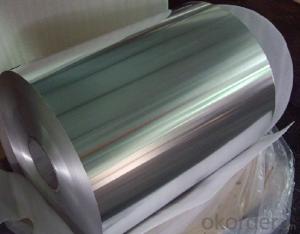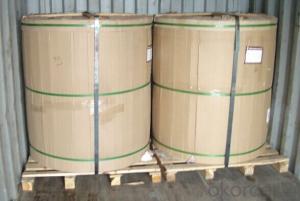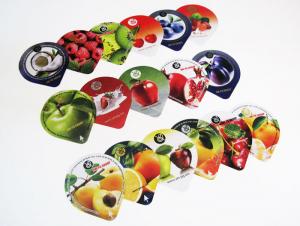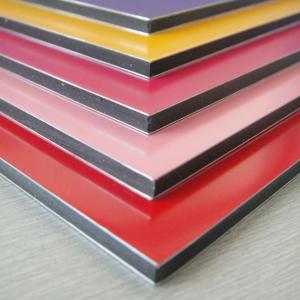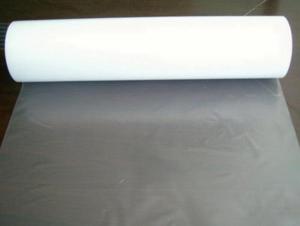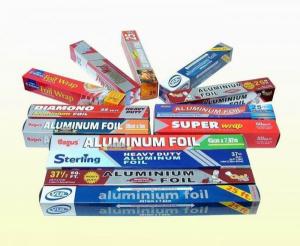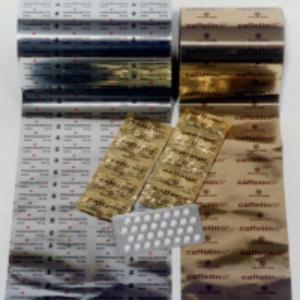Aluminum Cold Rolled Coils and Sheets for Gutter
- Loading Port:
- Shanghai
- Payment Terms:
- TT OR LC
- Min Order Qty:
- 5 m.t.
- Supply Capability:
- 100000 m.t./month
OKorder Service Pledge
OKorder Financial Service
You Might Also Like
Specification
Specifications
Coated Aluminium coil for gutter
1)Steady&consistent quality
2)Good product durability
Coated Aluminium coil for gutter
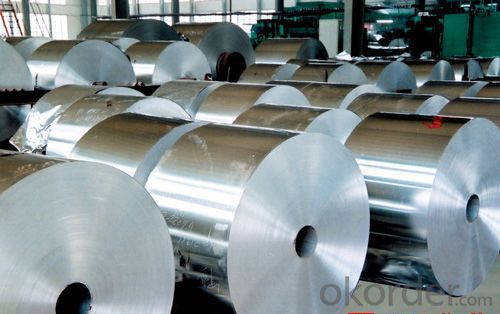
We are a professional team and integrated with R & D, manufacturing, import and export trading.
CNBM Group has 5 subsidiary factories, main products are Coated Aluminum Coil, Roll Forming Machine, Metal & PVC Building Material Machine.
After 14 years of production of export products experience, CNBM Group has a high-quality, comprehensive production management, quality control team, and pass the ISO9001: 2000 Certification. We sincerely welcome various clients to visit our CNBM Group, it is our honor to supply you with our service. We sincerely wish our cooperation will be Good luck and prosperous.
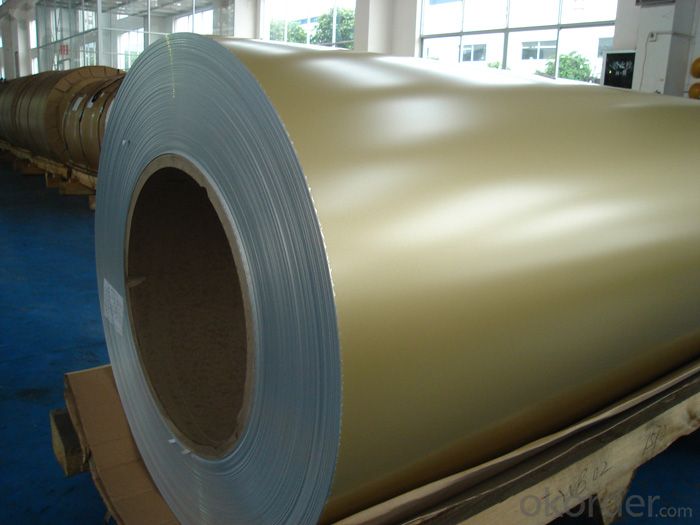
Detailed Product Description
Coated Aluminium Coil:
We can offer various kinds of coated aluminum coils.Applications: Used to manufacture decorative material, such as aluminium composite panel, brushed panel, lampshade, and other composite panels.
1) Exterior applications such as: wall cladding, facades, roofs and canopies, tunnels, column covers or renovations
2) Interior applications such as: wall cladding, ceilings, bathrooms, kitchens and balconies
3) Advertisement and market applications such as: display platforms, signboards, fascias and shop fronts
4) Transport and industry applicationsWe can coat the coils according to RAL color and Pantone color as well as other color samples.
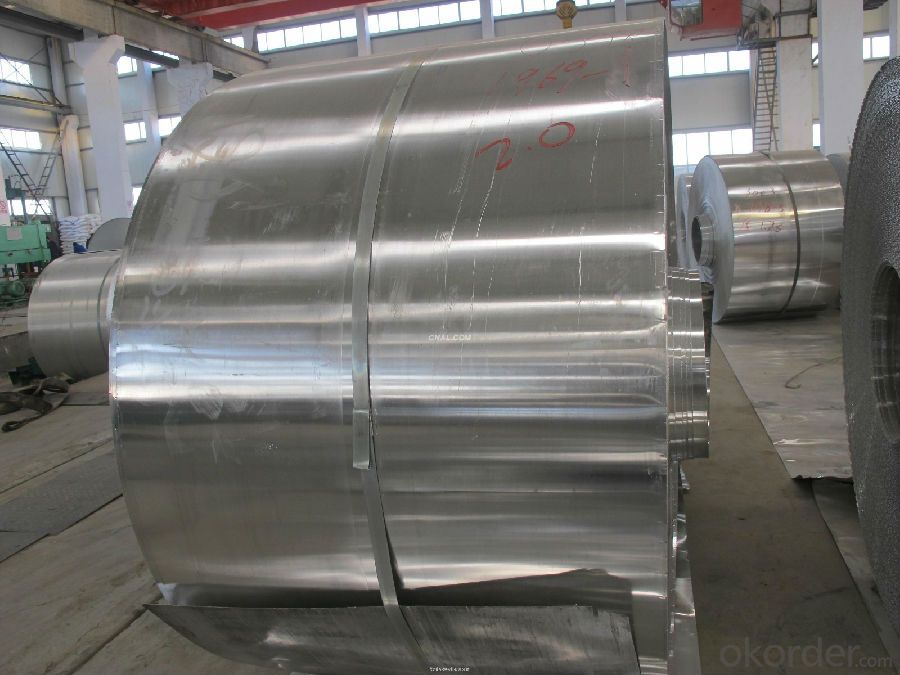
- Q: This question asks for methods to determine the presence of aluminum in an alloy.
- <p>To determine if an alloy contains aluminum, one can use various analytical techniques. A common method is spectroscopy, which can identify the presence of specific elements by analyzing the wavelengths of light absorbed or emitted. Another approach is the use of a spark test, where a sample is struck against a grinding wheel to produce sparks; the color and pattern of these sparks can indicate the presence of aluminum. Chemical tests, such as the reaction with sodium hydroxide, can also be used, as aluminum reacts with NaOH to produce hydrogen gas. Lastly, X-ray fluorescence (XRF) is a non-destructive technique that can accurately determine the elemental composition of an alloy, including aluminum content.</p>
- Q: This question asks for methods to enhance the ability of aluminum to resist corrosion.
- <p>To improve the corrosion resistance of aluminum, several methods can be employed: 1) Anodizing: This process creates a protective oxide layer on the aluminum surface, enhancing its resistance to corrosion. 2) Coating: Applying protective coatings such as paints or polymers can prevent direct contact with corrosive substances. 3) Alloying: Adding elements like magnesium or copper to aluminum can create alloys with better corrosion resistance. 4) Cathodic Protection: Using sacrificial anodes can protect aluminum from corrosion by diverting corrosion to the anode. 5) Proper Design: Designing structures to minimize water and dirt accumulation can reduce corrosion. 6) Regular Maintenance: Cleaning and inspecting aluminum components can help identify and address corrosion issues early.</p>
- Q: Is it possible to utilize aluminum in the manufacturing process of solar panels?
- <p>Yes, aluminum is indeed used in the production of solar panels. It is primarily employed as a component of the frame that supports and protects the panel. Aluminum's light weight, high strength, and corrosion resistance make it an ideal material for this purpose. Additionally, aluminum can be used in the backsheet of the solar panel, providing structural support and helping to protect the panel from environmental factors. However, aluminum is not used in the actual photovoltaic cells that convert sunlight into electricity; those are typically made from silicon.</p>
- Q: Is it possible to utilize aluminum in the manufacturing of components for aerospace applications?
- <p>Yes, aluminum is widely used in the aerospace industry for making various components due to its high strength-to-weight ratio, corrosion resistance, and ease of fabrication. It is commonly used in aircraft structures, wings, fuselage, and engines. Aluminum alloys are preferred for their excellent fatigue resistance and ability to withstand high temperatures and stresses encountered in flight.</p>
- Q: Explain how the inclusion of copper in aluminum alloys influences their strength and ductility.
- <p>Adding copper to aluminum alloys significantly increases their strength, particularly in the form of tensile and yield strength. Copper acts as a hardening agent, creating a more rigid structure within the alloy. However, this increase in strength often comes at the expense of ductility. As copper content rises, the ductility of the aluminum alloy decreases because copper reduces the alloy's ability to deform under stress without fracturing. The balance between strength and ductility is crucial in alloy design, as higher strength alloys may be less suitable for applications requiring formability and flexibility.</p>
- Q: Is it possible to recycle aluminum cans to create new ones?
- <p>Yes, old aluminum cans can be recycled to make new ones. The recycling process for aluminum is highly efficient and environmentally friendly. Aluminum cans are collected, sorted, and then shredded into small pieces. These pieces are melted down in a furnace, and the molten aluminum is poured into molds to create new cans. This process uses only 5% of the energy required to produce aluminum from raw materials, making it a sustainable and cost-effective method of production.</p>
- Q: This question asks about the methods and steps involved in processing aluminum.
- <p>Aluminum processing involves several key steps: extraction from bauxite ore, refining, and fabrication. Initially, bauxite is mined and then processed to remove impurities. The Bayer process is commonly used to extract alumina (aluminum oxide) from bauxite by dissolving it in a caustic soda solution. The alumina is then smelted in a reduction furnace using the Hall-H茅roult process, where it is dissolved in molten cryolite and electrolyzed to produce pure aluminum. Finally, the aluminum is shaped and fabricated into various products through methods such as casting, extrusion, or rolling.</p>
- Q: Is it possible to use aluminum as a material for battery production?
- <p>Yes, aluminum can be used to make batteries. Aluminum-air batteries are a type of metal-air battery where aluminum serves as the anode and undergoes oxidation. These batteries have a high energy density and are environmentally friendly, as they produce minimal waste. However, they face challenges such as water sensitivity and the need for alkaline electrolytes, which limit their practical applications. Research is ongoing to improve their performance and make them more viable for widespread use.</p>
- Q: Explain the various applications of aluminum in the construction industry.
- <p>Aluminum is widely used in building materials due to its lightweight, high strength, and corrosion resistance. It's utilized in window frames, doors, curtain walls, and roofing systems for its durability and energy efficiency. Aluminum's malleability allows it to be shaped into various forms, making it ideal for facades and decorative elements. It's also used in structural components like beams and columns, and in electrical wiring due to its excellent conductivity. Additionally, aluminum's sustainability makes it a preferred choice in green building practices, as it's recyclable and has a low environmental impact.</p>
- Q: What specific rules or guidelines are there for incorporating aluminum in construction projects?
- <p>Yes, there are special regulations for using aluminum in construction projects. These regulations vary by country and region but generally include standards for material properties, structural integrity, fire resistance, and environmental impact. For instance, the American Society for Testing and Materials (ASTM) and the Aluminum Association provide guidelines for aluminum usage in construction. Compliance with building codes is crucial, and these codes often specify the grades of aluminum, allowable stress values, and methods of joining. Additionally, considerations for corrosion resistance, thermal expansion, and recycling potential are important. It's essential to consult local building codes and industry standards to ensure compliance when using aluminum in construction.</p>
Send your message to us
Aluminum Cold Rolled Coils and Sheets for Gutter
- Loading Port:
- Shanghai
- Payment Terms:
- TT OR LC
- Min Order Qty:
- 5 m.t.
- Supply Capability:
- 100000 m.t./month
OKorder Service Pledge
OKorder Financial Service
Similar products
Hot products
Hot Searches
Related keywords
